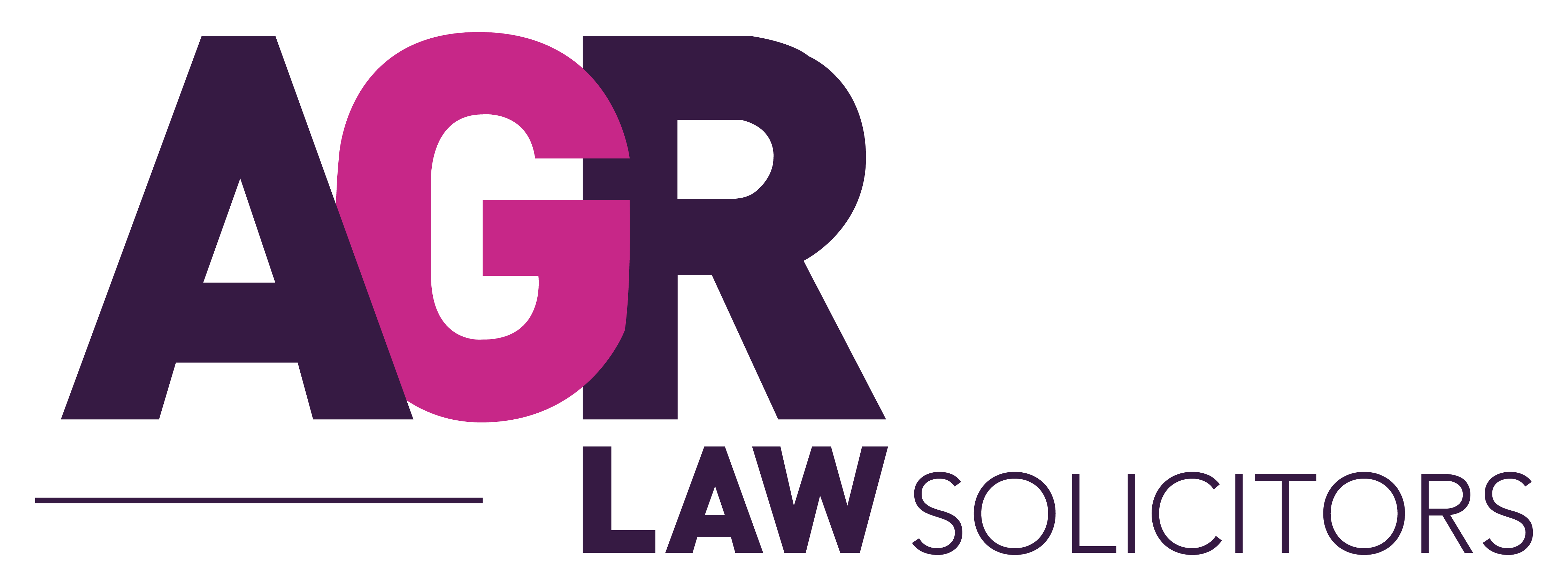When the UK left the EU on 01 January 2021, the rights of non-UK and non-Irish citizens wishing to come to England, Scotland, Northern Ireland and Wales changed.
As we mentioned in our blog ‘Brexit transition – changes to the immigration system’ anyone wishing to relocate to the UK will need to have a valid immigration status.
With lockdown easing, but travel for leisure purposes still restricted, we thought it might be helpful to talk in more detail about travelling to the UK to study.
Studying in the UK after 01 January 2021
The following information applies to students from the EU, EEA-EFTA states (Iceland, Liechtenstein and Norway) and Switzerland.
You will hear the term ‘accredited institutions’ in this section of the blog. They are providers listed on the register of institutions licensed to sponsor migrant students under the student and child student routes.
For courses up to 6 months long at an accredited institution, you may need a standard visitor visa. English language courses are included.
For English language courses up to 11 months long, you can apply for a short-term study visa if your provider is an accredited institution.
To apply you will need to:
- Be aged 16 plus
- Prove that you have been accepted onto an English language course that lasts six to 11 months and includes no other subjects
- Have enough money to support yourself or proof that relatives and friends can provide for you
- Be able to pay for your return or onward journey
If you are under 18, you must also:
- Arrange for your travel and stay in the UK
- Provide evidence of parental or guardian consent
For courses over 11 months long, you need a visa.
There are three types of visas available to students:
- Child student visa
- Student visa
- Graduate visa
Child student visas are for 4 to 17-year-olds who will be studying at an independent school.
To apply, you will need to:
- Have an unconditional offer of a place on a course at an accredited institution
- Be able to show you will have access to enough money to support yourself in the UK and pay for your course
- Provide evidence of parental or guardian consent
How long you can stay in the UK depends on your age when you apply and how long your course is.
- If you are under 16, your visa will cover a course of up to six years plus four months
- If you are 16 or 17, you will be permitted to study for up to three years and stay for four months afterwards
Student visas are for anyone aged over 16 enrolling on a course with an accredited institution.
To apply, you will need to:
- Have been offered a place on a course
- Have enough money to support yourself and pay for your course
- Speak, read, write, and understand English to the required level
- Provide evidence of parental or guardian consent if you’re 16 or 17
How long you can stay in the UK depends on the length of your course and whether it is at or below degree level.
- If you are 18 plus and your course is at degree level, you can usually stay for up to five years
- If your course is below degree level, you can usually stay for up to two years
Graduate visa applications are opening on 01 July 2021. They are for students who have completed a degree in the UK and wish to stay, either to work at any level for two years after completing their studies or three years for PhD students. You will not need a sponsor to apply and there will be no minimum salary level.
Our tips for international students coming to the UK
- Research when you need to apply for a visa by and know when any current visas expire. Do not leave anything until the last minute but keep in mind that you cannot apply for some visas more than three months in advance
- Check how long you can stay in the UK for and whether you need to switch or extend your visa when it is nearing expiry. Overstaying, even by a few days, may mean you are banned from entering the UK in the future, so you need to be careful and plan ahead
- Check how much you need to pay for visas and whether there are any additional costs such as healthcare surcharges
- Carefully read the information relating to what you can and cannot do under the rules of the visa you are applying for. This includes any paid work you are permitted to do
- You will need to show you have planned your travel and accommodation, but do not book anything before a decision is made about your visa
- Get us to help you! Immigration is a complicated area of law that can be difficult to navigate. Our expert team can advise you on any matters relating to studying in the UK
Give us a call on 0116 340 0094 or email hello@agrlaw.co.uk to find out more.

